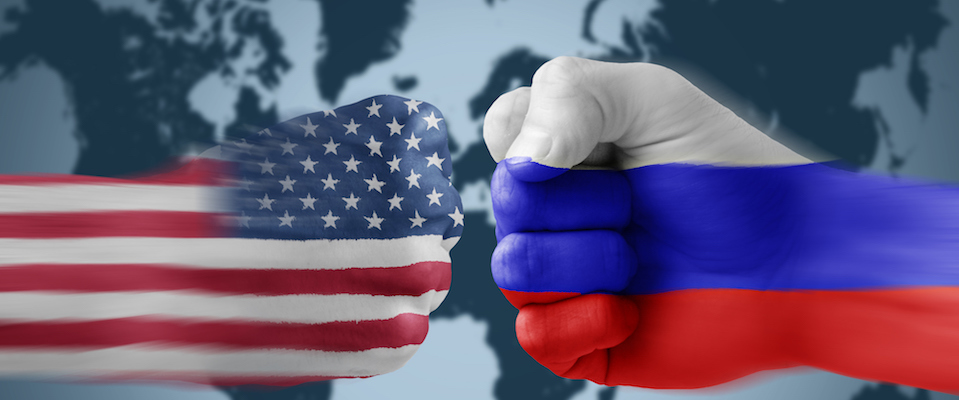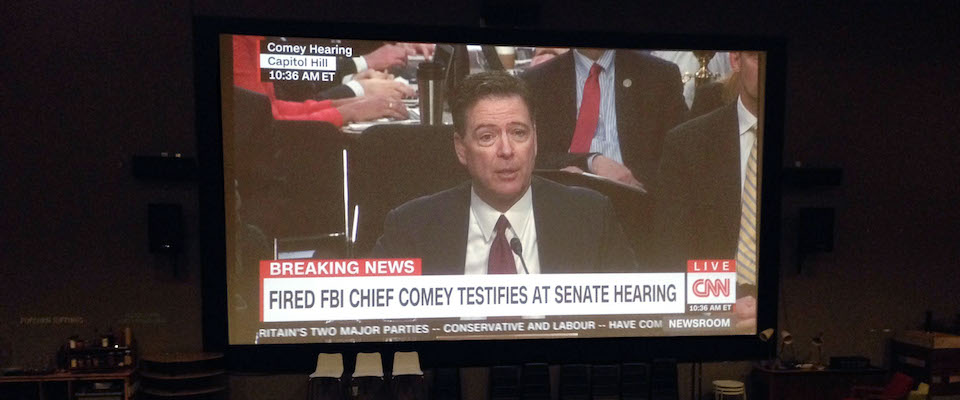This week, the eyes of the world will turn to Sochi, the site of the upcoming Winter Olympics. The U.S. delegation, headed by former Secretary of Homeland Security and just-installed UC president Janet Napolitano, includes three out athletes—tennis legend Billie Jean King, ice hockey player Caitlin Cahow, and figure skater Brian Boitano, an Olympic gold medalist who only disclosed his sexual orientation publicly after President Obama tapped him as part of the group. The choice of delegation members was clearly a pointed “screw you” to former KGB officer and now Russian President Vladimir Putin, given the international uproar over the Russian Parliament’s decision last summer to pass a law banning “propaganda” about homosexuality and other “non-traditional” forms of sexual expression.
Sochi, a resort city nestled on the shores of the Black Sea, is backed by rugged mountains that will be the actual site of many of the winter games. Sochi and the surrounding region, in fact, has long been a well-known summer destination, for Kremlin insiders—Stalin maintained a dacha there—as well as the socialist masses. Yet one salient detail about the area has remained largely unmentioned in the reams of stuff recently published, posted, tweeted and Facebooked about Sochi, the Olympics, and the current wave of anti-gay hysteria sweeping Russia.
For many years, in fact, Sochi was renowned among gay men as a summer cruising mecca—the Fire Island Pines of the former Soviet Union.
I found this out in 1991, long before I arrived at UC Berkeley to study and teach, when I took a leave from my job at the San Francisco Chronicle and moved to Moscow to hang out, learn Russian, and report on the complicated lives of the country’s gay and lesbian citizens. (The research process also involved a lot of vodka-drinking.)
Earlier that year, a Columbia University graduate student in sociology had been detained and interrogated in Sochi by local police. He’d been caught distributing questionnaires on the beach to gay men as part of his doctoral research on Russian and Soviet gay life. When the media reported on the case, they referred to the graduate student as a “sex spy.” And so, as I pursued my own investigation, which turned into a book called “Cracks in the Iron Closet: Travels in Gay and Lesbian Russia” (University of Chicago Press, 1997), that’s what my Russian friends nicknamed me: the American sex spy.
I haven’t been to Sochi in 15 years, so I can’t speak from first-hand experience about current feelings and attitudes in the region. However, the web site BuzzFeed, which since last summer has covered the LGBT-in-Russia issue far more extensively than most other U.S. news outlets, posted a piece in December featuring photos from Mayak Cabaret, a gay club in Sochi. Gay life continues, even in the shadow of discrimination, repression and hatred.




















